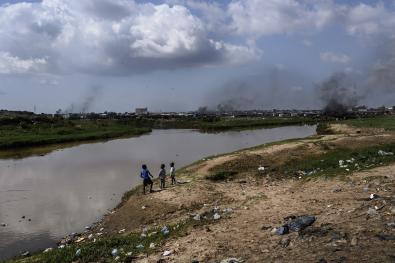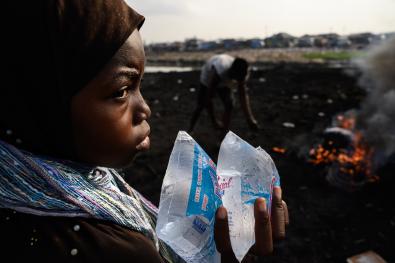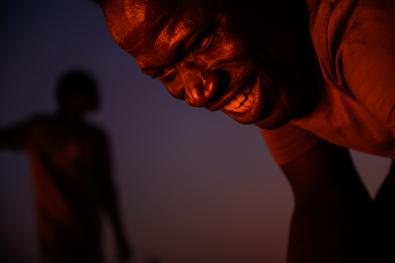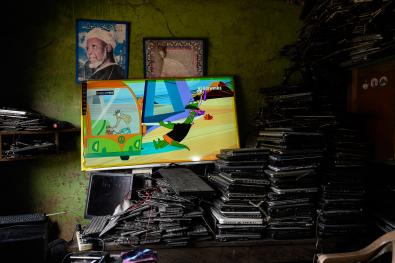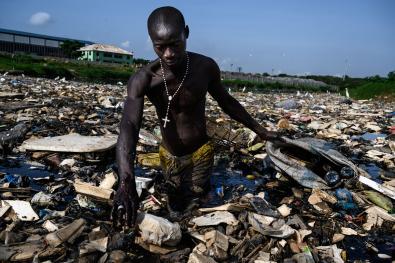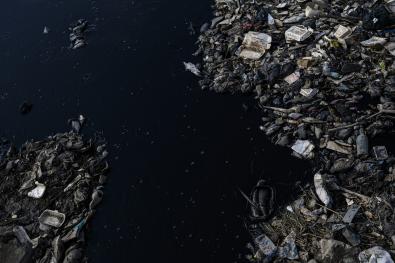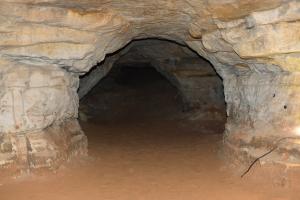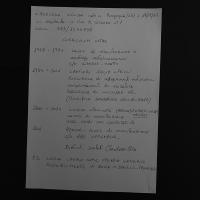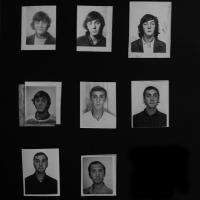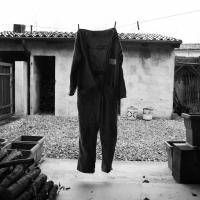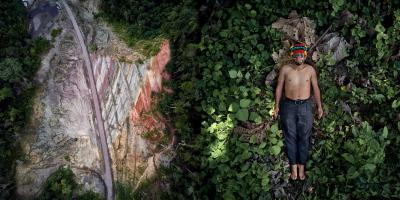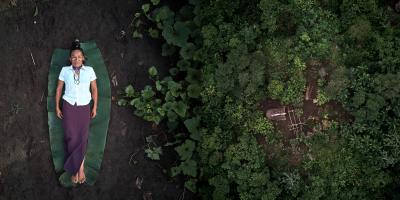Shortlist, Burning Dreams by Carolina Rapezzi
"Despite the Basel Convention - brought into effect in 1992 and designed to reduce and prevent the trade of hazardous waste from developed to less-developed countries - the Agbogbloshie scrap yard in Accra, Ghana, has become one of the biggest open-air electronic waste dumps in the world. Discarded appliances, such as phones and computers, arrive as second-hand goods, mainly from Europe. However, most of these items are beyond repair and end up being dismantled and burnt in Agbogbloshie. Workers process this waste to extract raw materials like copper and aluminum for resale. The whole process is unregulated, without any form of health and safety or environmental control. Unsurprisingly, lead levels in workers' blood are far above the Threshold Limit Value (TLV), and respiratory problems, headaches and lung diseases are the most common ailments.
According to a World Health Organization (WHO) report issued in 2018, the mortality rate for air pollution in Ghana has risen from 80 in 2012 to 203 in 2016 for every 100,000 deaths. The burning activities in Agbogbloshie clearly contribute to this hazard, with toxic emissions, chemicals and other hazardous substances released from the e-waste. The contamination involves not only the air, but also the nearby soil and Odaw river, which flows through the area before reaching the Gulf of Guinea a few kilometres away. Therefore, the river and lagoon ecosystem, the health of local communities and the food and fishing industry are all highly affected.
"

